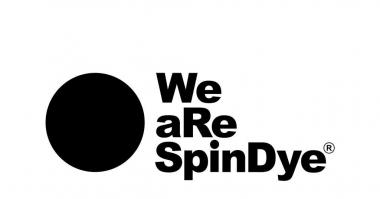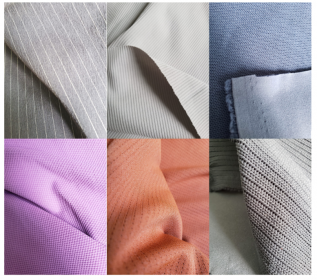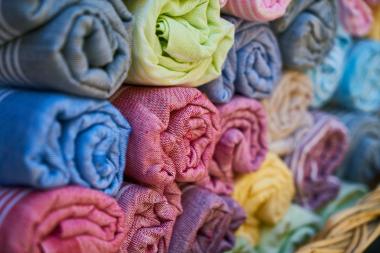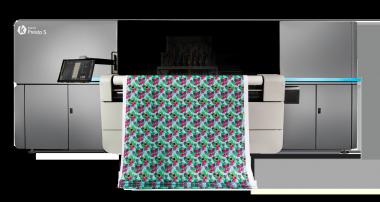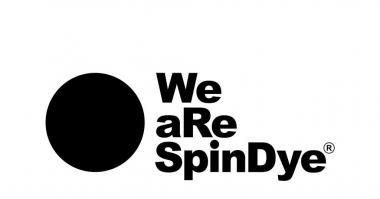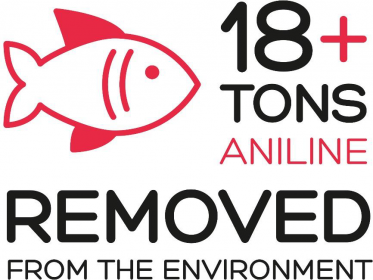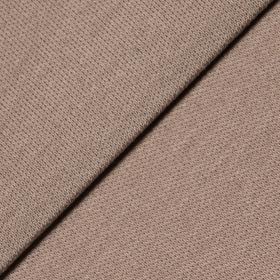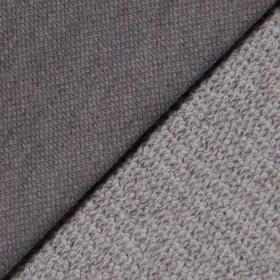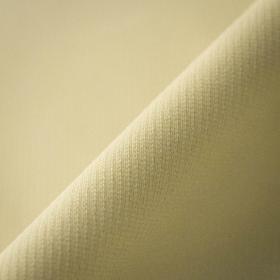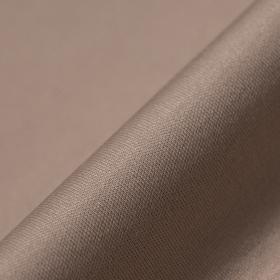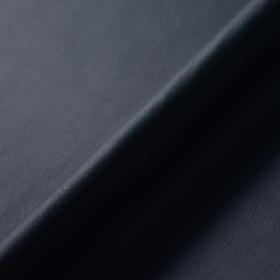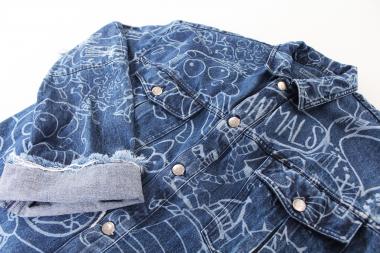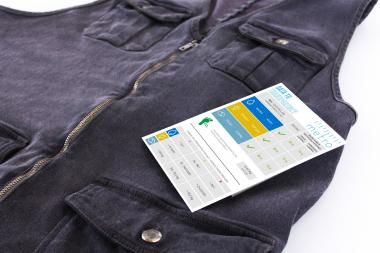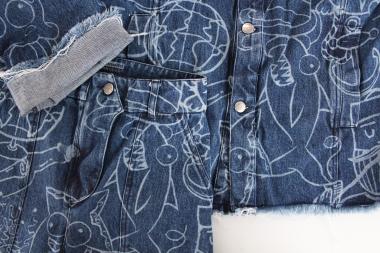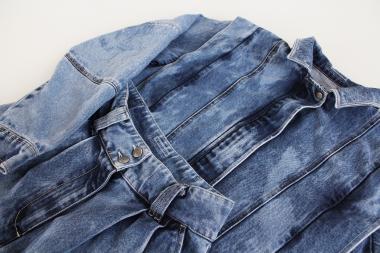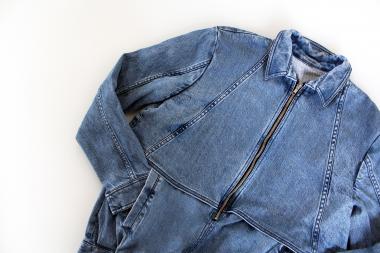Penn Textile Solutions setzt auf Prozesskontrolle von Mahlo
Penn Textile Solutions GmbH is one of the world's leading manufacturers of elastic fabrics for under-wear, corsetry, sportswear and swimwear, as well as highly functional textiles for technical applications. The fully integrated company with its own warping, circular knitting, warp knitting, dyeing and finishing facilities currently employs around 150 people.
Penn has long relied on Mahlo
Penn has relied on the cooperation with Mahlo for years. The manufacturer of measuring, control and automation systems for web-shaped goods has decades of experience in the field of process control. Until the summer of 2020, the textile manufacturer had been using a basis weight measurement system in the stenter frame outlet with beta radiation and manual control. "When the krypton preparations had passed their half-life, we had to make a decision: Exchange or replace the system right away", says operations manager Franz Schütte. They sat down with Mahlo representatives and looked for the best solution. Since the systems had already reached a high operating age and the measurement was limited to the basis weight, a new concept was decided upon. "Mahlo made us the best price-performance offer." The new system should be even more efficient and easier to operate for the special makes..
The compression zones of the functional fabric create corresponding distortions within the textile surface in its raw state, which have to be smoothed out in the fixing process. This work is now taken over by a process control system. The Mahlo Famacont PMC-15 with two measuring points automatically controls the leading of the stenter frame by continuously and contactlessly determining the mesh density. In addition, the Patcontrol PCS-20 process control system ensures that the dimensions of the different zones are recorded and also automatically controlled. "The previous beta-radiation facility was not able to collect this kind of data," explains the Penn operations manager. Another important aspect for the textile manufacturer: the complete and costly radiation protection is no longer necessary with the new systems.
Despite very good experience with Mahlo in the past, every change naturally involves a risk. Penn did not have to rely on theoretical considerations, however, but carried out tests in advance with appropriate sample material in the Mahlo test laboratory. The results convinced the decision-makers.
Mahlo GmbH + Co. KG







